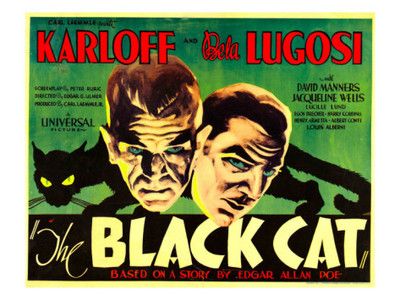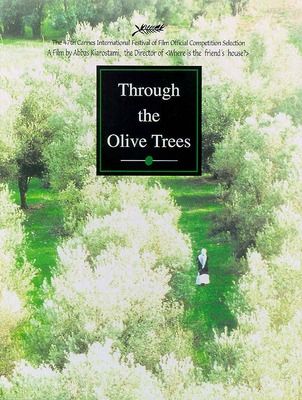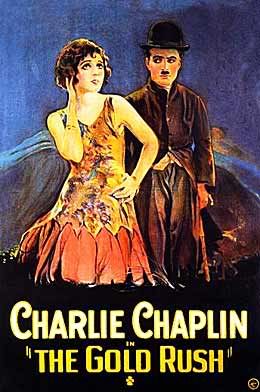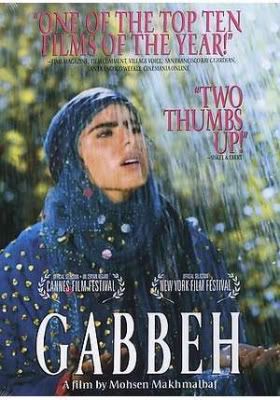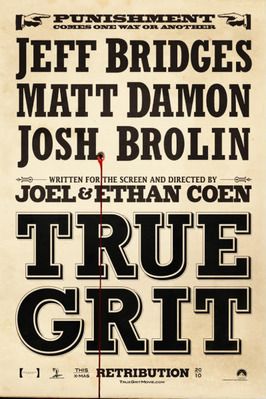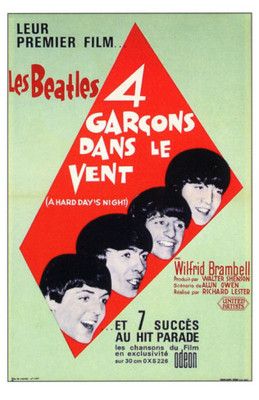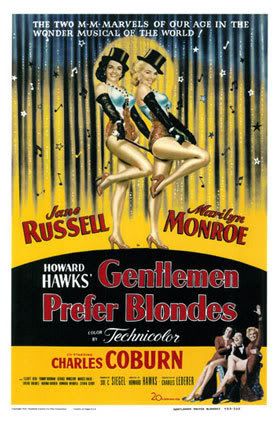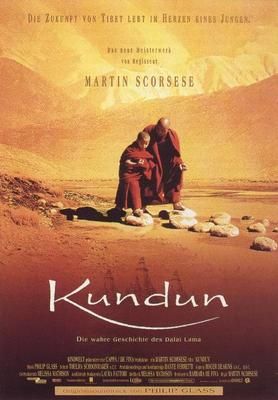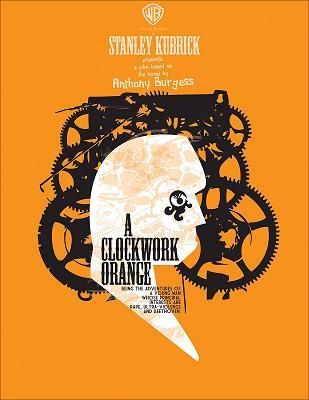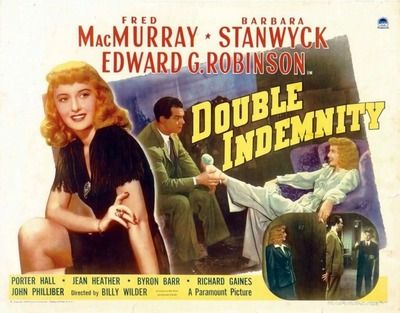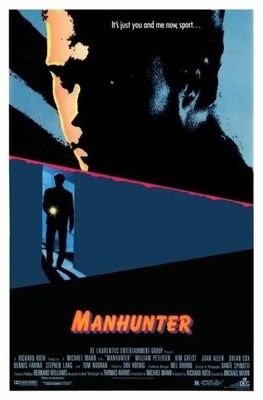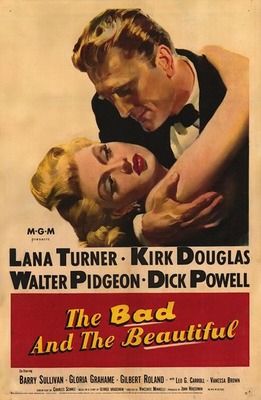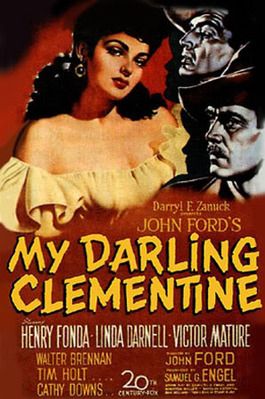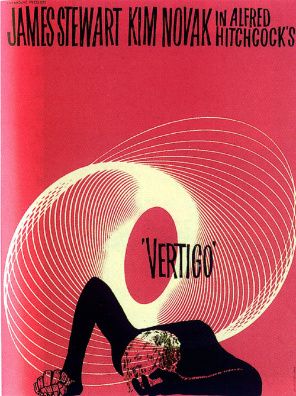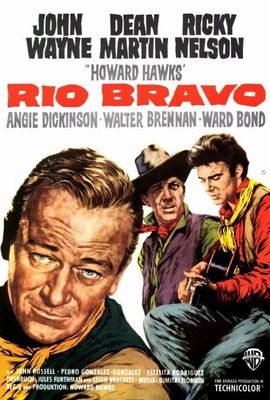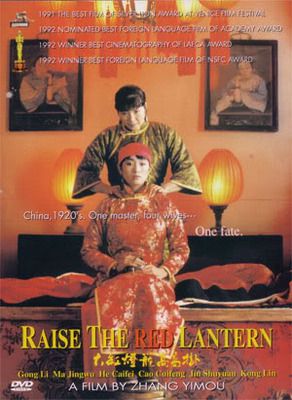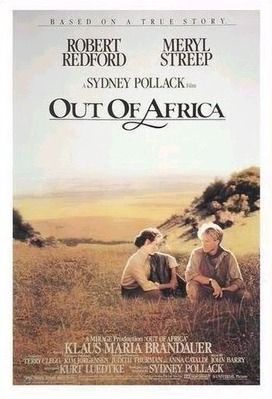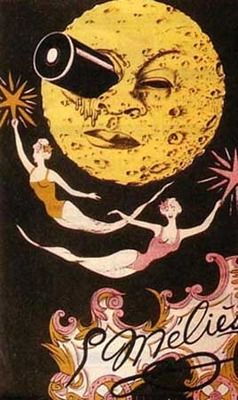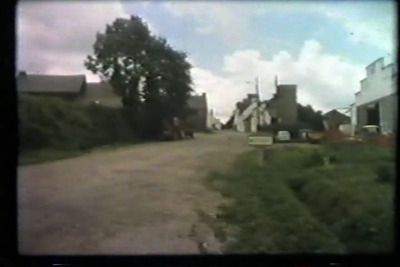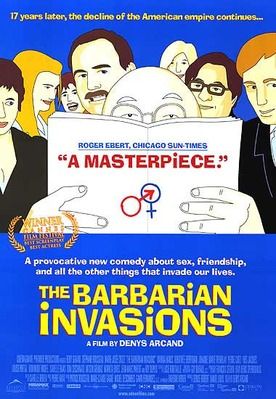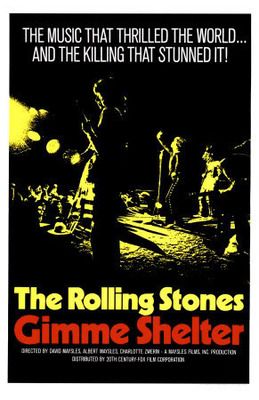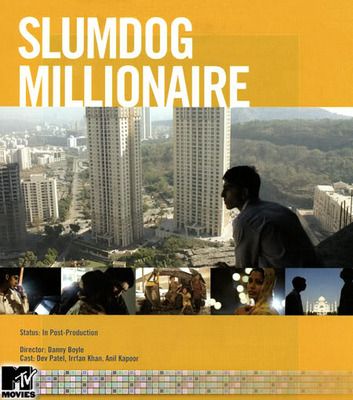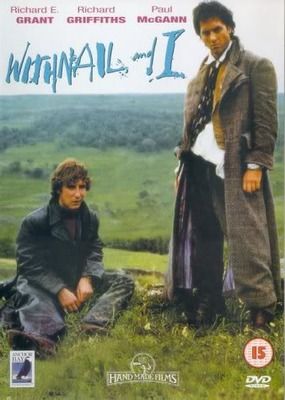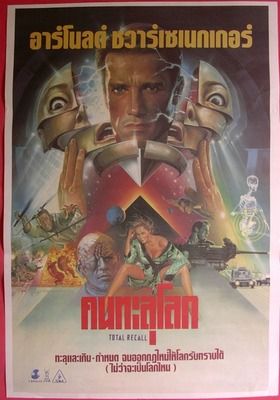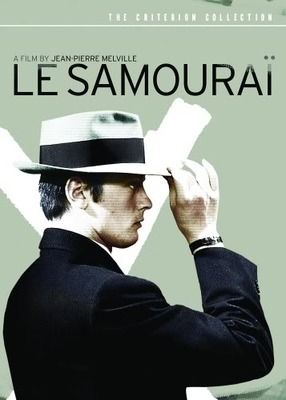
Shock Corridor
1963
Director: Samuel Fuller
Starring: Peter Breck, Constance Towers
Movies like Shock Corridor reinforce in me the notion that giving a picture a second chance is sometimes the best thing in the world. My initial impression of this movie several years ago could be summed up by “halfway decent B picture.” Now I feel as though I have more of a handle on what Samuel Fuller is all about as a writer-director, and seeing Shock Corridor for the second time, I enjoyed it much more.
The slightly hackneyed plot is all about Johnny Barrett (Breck), a reporter willing to do anything it takes to win a Pulitzer Prize. The way he’s planning on getting his hands on it is by coercing his stripper girlfriend Cathy (Towers) into pretending to be his sister, then having her commit him to a mental hospital on the trumped up charges of incestual fetishism. Once there, he can investigate the three mentally disturbed witnesses to a murder at said hospital. Everything goes according to plan, except for the wee little hiccup that Johnny starts to lose his own grasp on reality the more time he spends as a patient.
To me, a Samuel Fuller film means grotesque beauty, great play with high contrast lighting and shadows, uncomfortable situations, and characters who are played to absolute extremes. With that in mind, it makes total sense that Fuller made a movie set in a mental hospital. I can almost feel his giddiness, rubbing his sweaty palms together and giggling at the insanity (pun intended) he’s about to unleash. This attitude just leaps off the screen.
